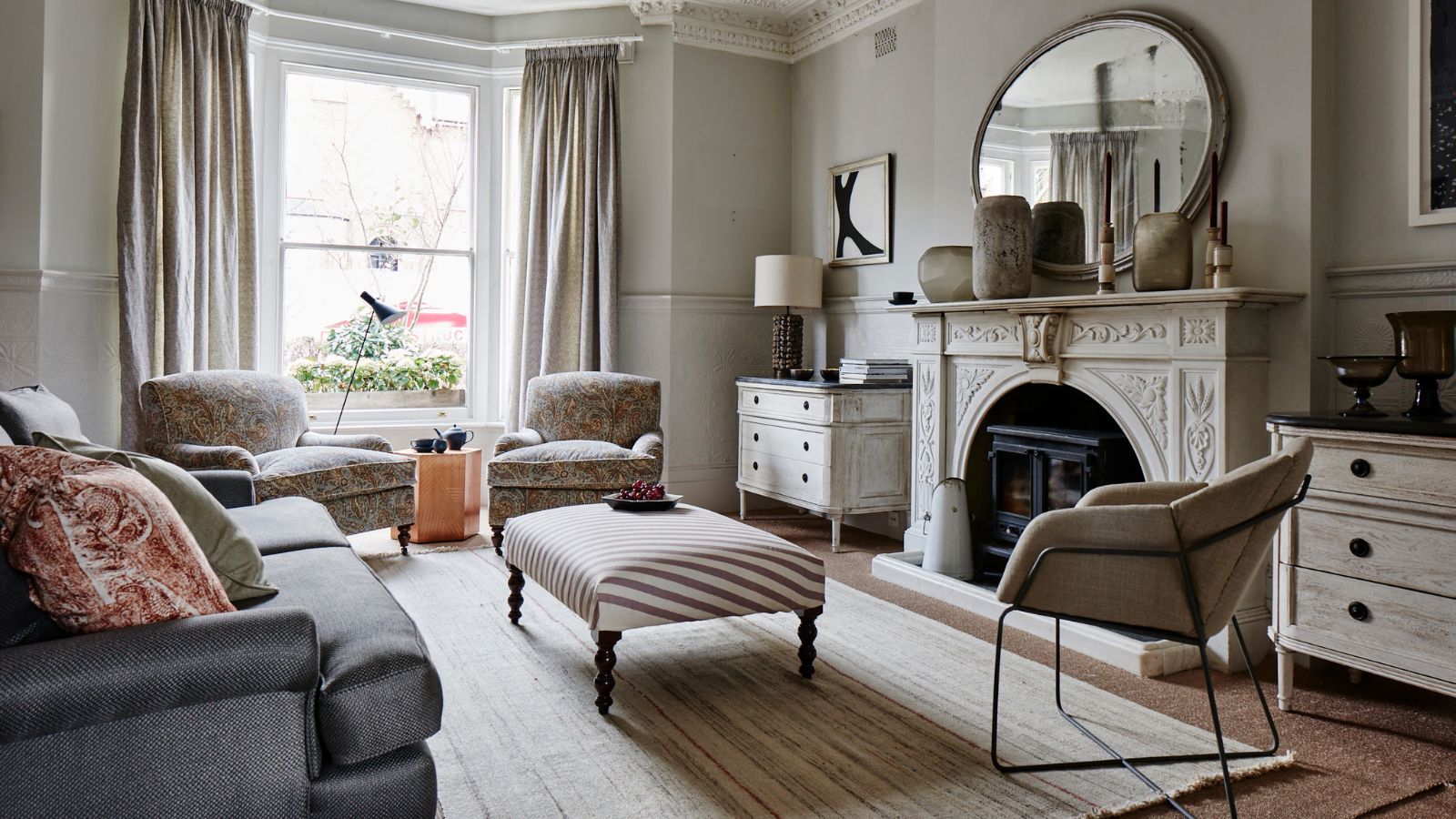
Letting go of clutter is hard enough, but it gets even harder when the items in question are sentimental, expensive, or tied to your family. Some belongings carry emotional weight, while others come with guilt, so much so, that parting with them can feel almost illegal.
But professional organizers agree: just because something was once meaningful doesn’t mean it needs to live in your home forever.
Here is the most useful of decluttering tips: 12 things that feel nearly impossible to declutter – and why it’s perfectly fine to let them go.
1. Printed photos

Photos preserve moments in time, but piles of printed photos can take up space and gather dust.
Karina Toner, operations manager at Spekless Cleaning, says, 'It’s completely natural to want to hold onto printed photos. They’re physical reminders of moments, people, and places that shaped you, and there’s something comforting about being able to hold a memory in your hands.
'But over time, those stacks of prints can start to feel more like clutter than connection, especially when they’re tucked away in bins or fading in old albums.
'The truth is: physical photos just aren’t the most practical or lasting way to preserve your memories anymore. They’re vulnerable to damage from light, moisture, bending, or even just age. And when they’re not stored properly, they can become hard to access, disorganized, or even forgotten altogether. You've official permission to let them go!'
Toner recommends digitizing to display family photos as a smart way of letting go of the clutter, but holding onto the memories.
She adds, 'Label as you go. If you're scanning, name files by year/event/person – future-you will thank you when you’re not clicking through 200 files called IMG_4723!'
Once scanned, the physical copies can be donated to relatives, thrown away, or shredded if they contain private information.
All prices were correct at the time of publication.
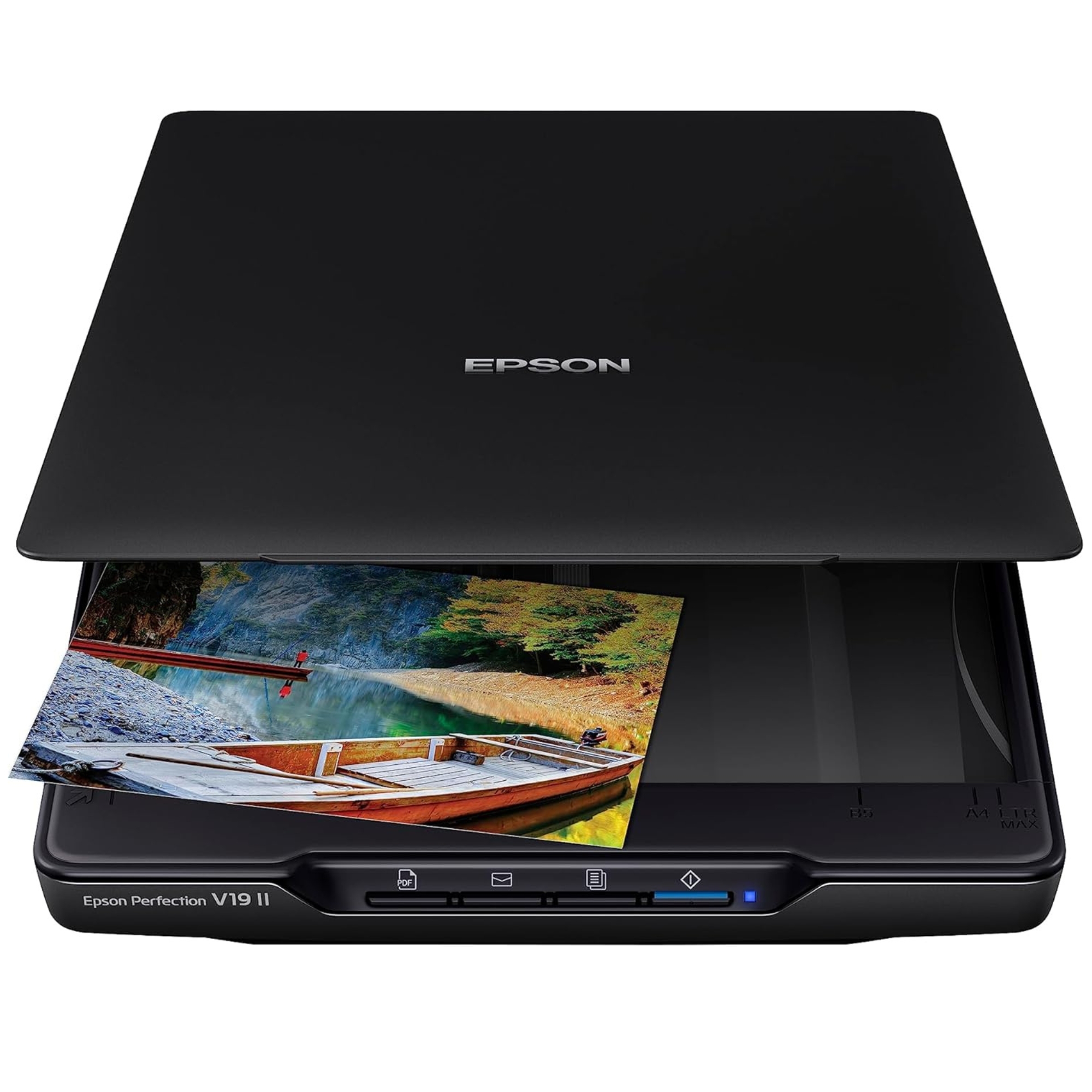
This compact and lightweight scanner boasts great image clarity (4800 dpi optical resolution). Its design and ease of use make it ideal for digitizing photos and artwork.

This electronic 10.1-inch touchscreen photo frame is ideal for digitizing your photo collection, allowing you display up to 100 at a time, and part with those piles of pics.
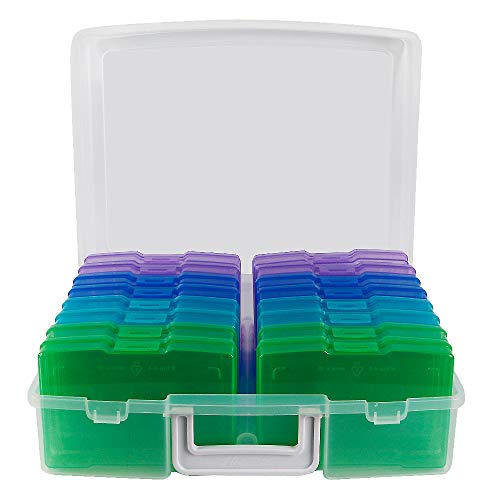
If you really can't bear to part with your photographs, this is the organizer for you. Holding up to 1600 4" x 6" photos, the lid snaps shut to maintain quality and prevent dust.
2. Kids' artwork
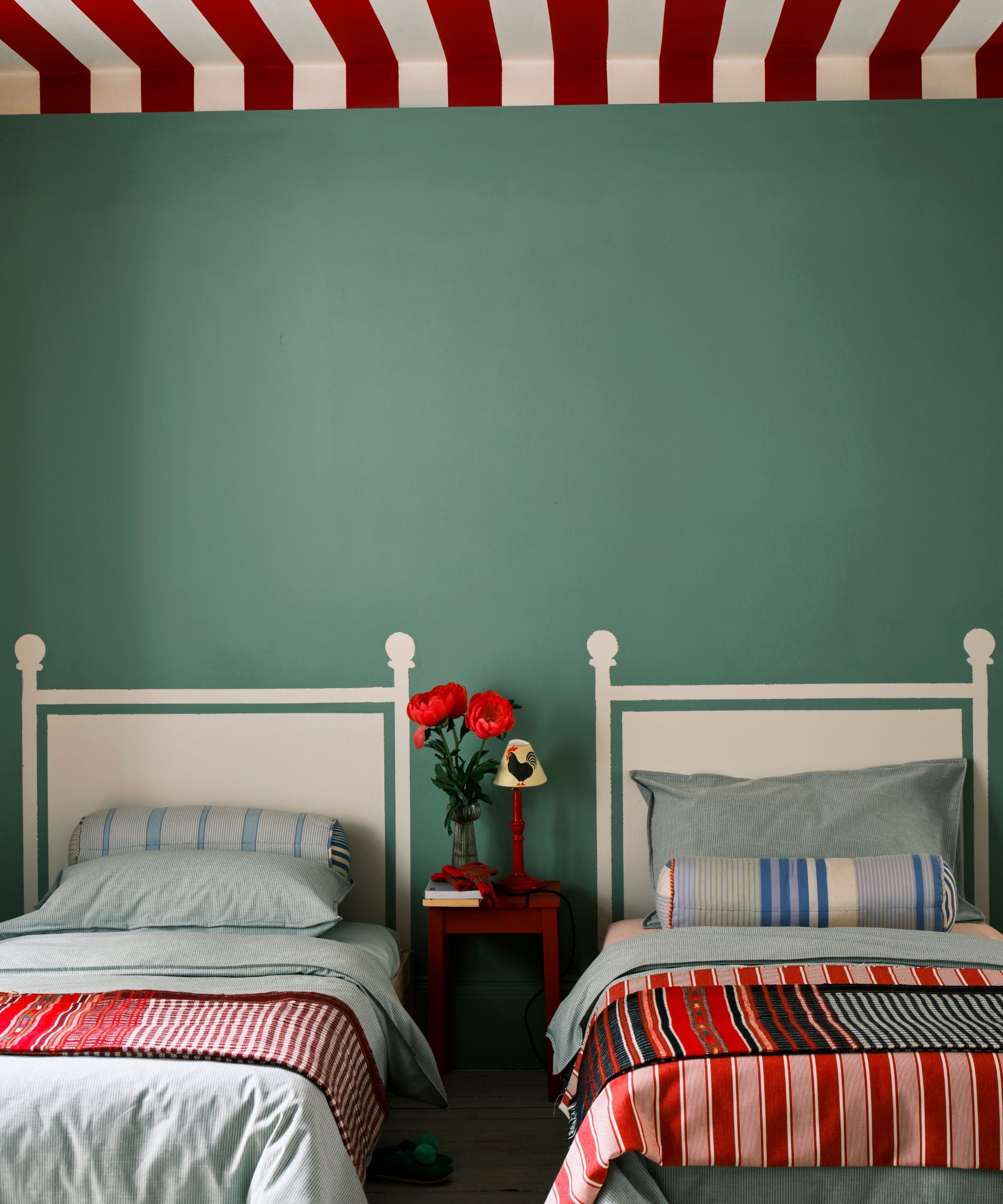
You don’t need to keep every scribble or finger-painted masterpiece. A curated folder – or even a digital archive – can preserve the memories without the pile-up.
Audra George, owner of Oklahoma-based Pretty Neat, says, 'Kids come home with so many papers each year, especially when they're young. We professional organizers give you official permission to purge many of these items, keeping only the best of the best from each year.
'Even better, we recommend taking a photo of the beloved artwork and making a digital album. It will be much easier to store and revisit, and take up less space in your home. If you do want to store a few special pieces, be selective and use a keepsake box.'
Using a kids art frame from Wayfair with snap bands to hold dozens of pieces whilst only displaying one on your wall is a gamechanger. I have two of these in my home and they're genius.
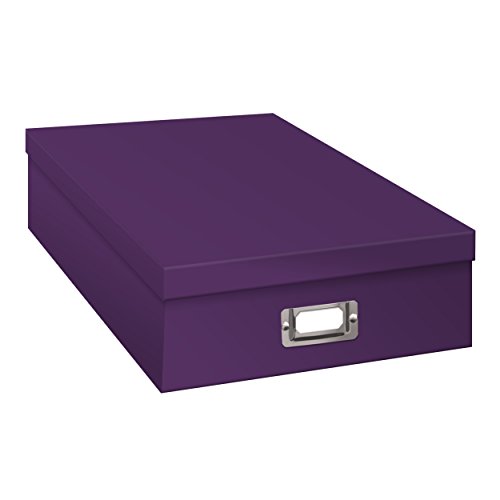
Available in this brilliant purple, or six alternative colors, Audra George recommends this scrapbook storage box with metal nameplate for your kids' stories and artwork.
3. Expensive clothes
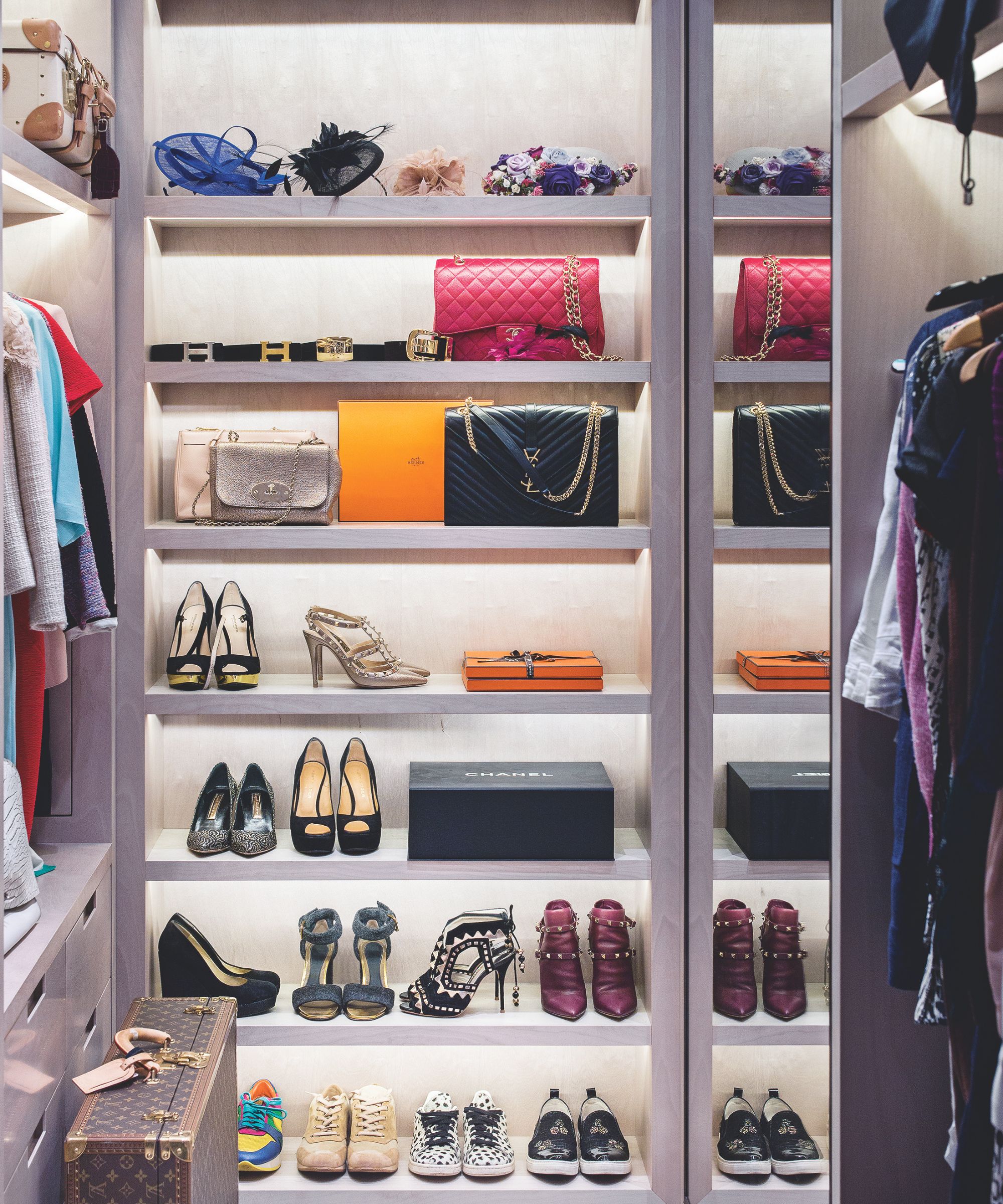
It’s tempting to keep pricey clothing and accessories "just in case," but if they no longer fit, flatter, or serve your current lifestyle, they’re only taking up space.
Toner says, 'Letting go of pricey clothing is tough. Not because of the items themselves, but because of the emotional math behind it. “I spent a lot on this,” or “It’s designer,” or “I’ll wear it eventually.” These pieces often carry a sense of guilt or perceived value that doesn’t match how often they get worn.
'But here’s the thing: expensive doesn’t always mean useful. If something no longer fits, feels uncomfortable, or doesn’t align with your lifestyle anymore, keeping it won’t change that. Styles change. Bodies change. Lives change. Holding on to high-end clothes and accessories that don’t suit your now robs you of closet space that could actually work harder for your current life.'
Toner recommends trying on items one last time, then selling or donating anything you're not going to wear soon.
She adds, 'Ask yourself if you'd buy it today. That question alone is often clarifying. If it wouldn’t make it into your cart now, there’s your answer. Next, check resale value – apps like The RealReal, Poshmark, and Vestiaire Collective make it easy to see what a similar item is selling for, helping you shift from emotional to practical mode.
'If it's not likely to sell well, or if you fancy doing a good deed, local shelters or LGBTQ+ centers that provide clothing to job-seekers or individuals in transition will gladly accept items in good condition. Check each organization's website or contact them directly for specific donation guidelines and to confirm drop-off locations or pickup services.'
4. Fancy tech boxes
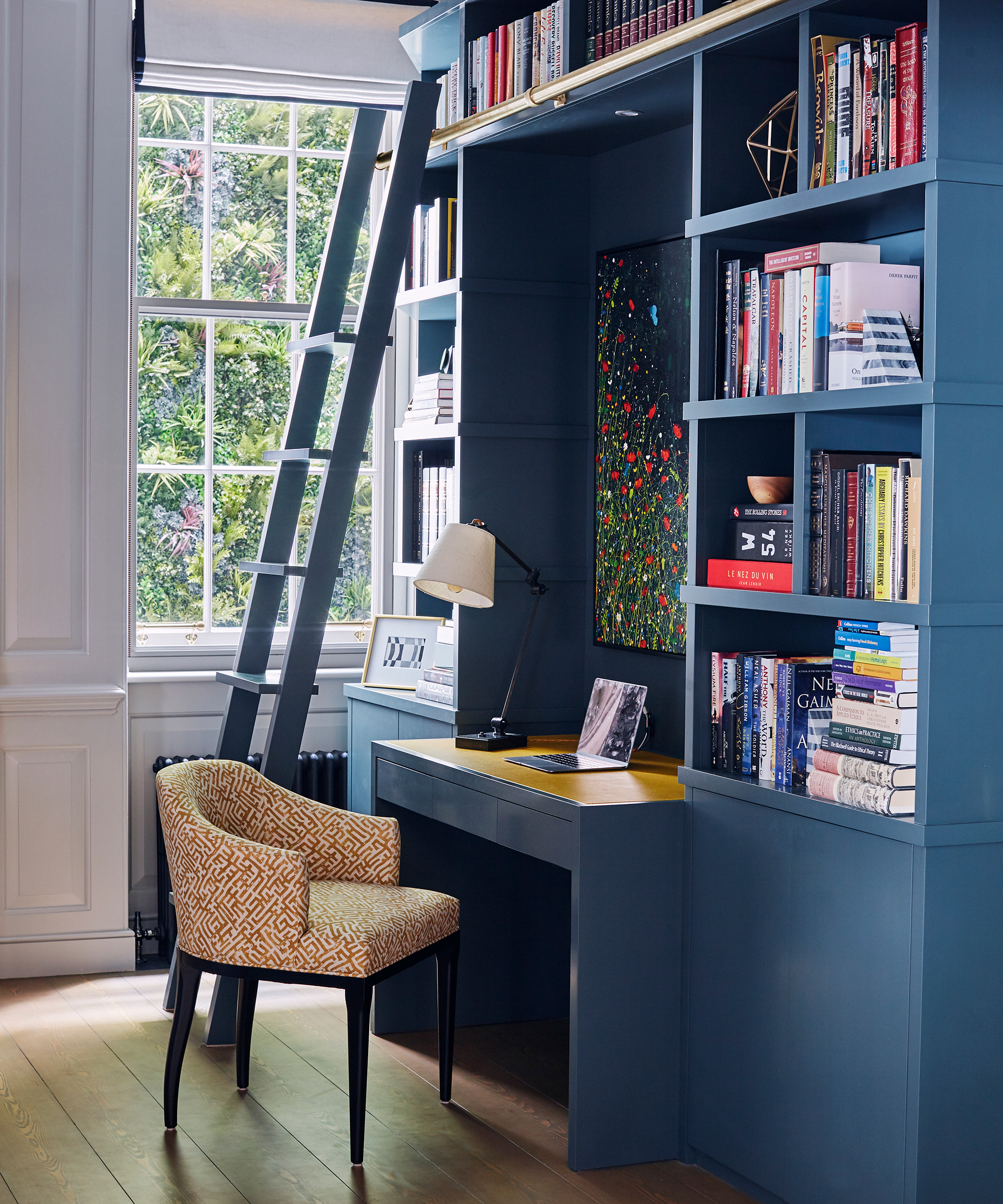
If you're a fan of these smart home must-haves, you'll likely have boxes for your devices stored away. But unless you’re planning to resell the device very soon, those bulky boxes don’t serve much purpose.
Toner says, 'We get it. A lot of tech products come in packaging that just feels premium. The molded insert, the snug little compartments, the embossed logo – it’s practically a work of art.
'But here’s the thing: those boxes rarely serve a real function once the return period is over and the device is out of warranty. They take up a surprising amount of space, especially if you’ve collected a few over the years. Think laptops, tablets, smartwatches, routers, phones, headphones – it adds up fast.
'Unless you're reselling that item soon and know for sure the box adds value, you've official permission to let it go. The packaging is not the product. The function has been served, and let’s be honest: you're not going to store anything meaningful in that AirPods box.'
5. Cards and letters
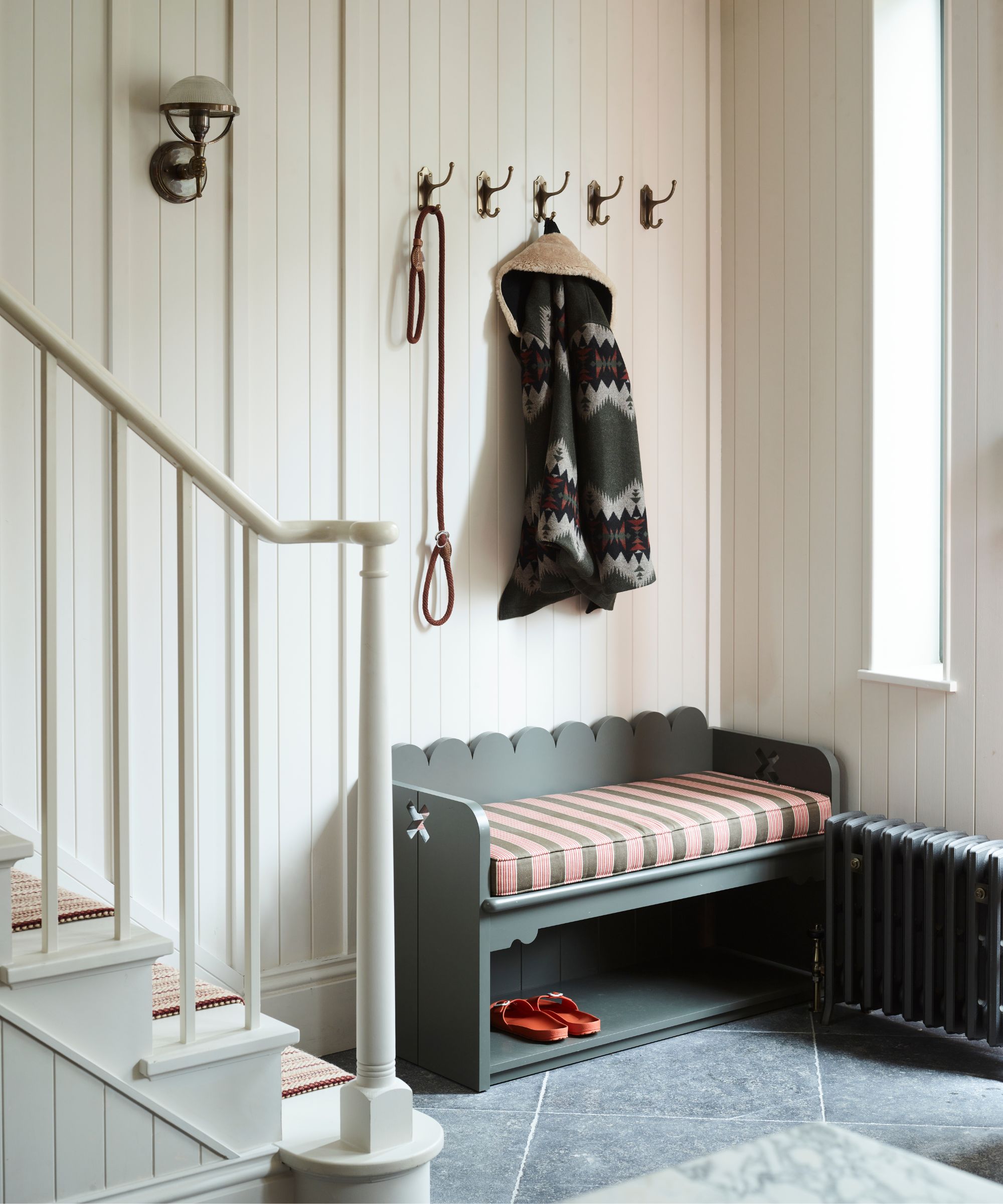
Sweet notes and sentimental messages may feel sacred, but you don’t have to keep every birthday card ever received. Choose a few to treasure and let the rest go.
George says, 'Letting go of cards or letters is recommended if the card has no individualized message or if the card really has no meaning after the first read or two. It's the thought that counts right?
'Instead, snap a photo of a quote or personalized message and let the paper clutter go. If you really want to keep a few special written letters over the years, then try these HOMZ Small Clear Plastic Storage Bins with Latching Lids, available from Amazon.'
6. Baby items
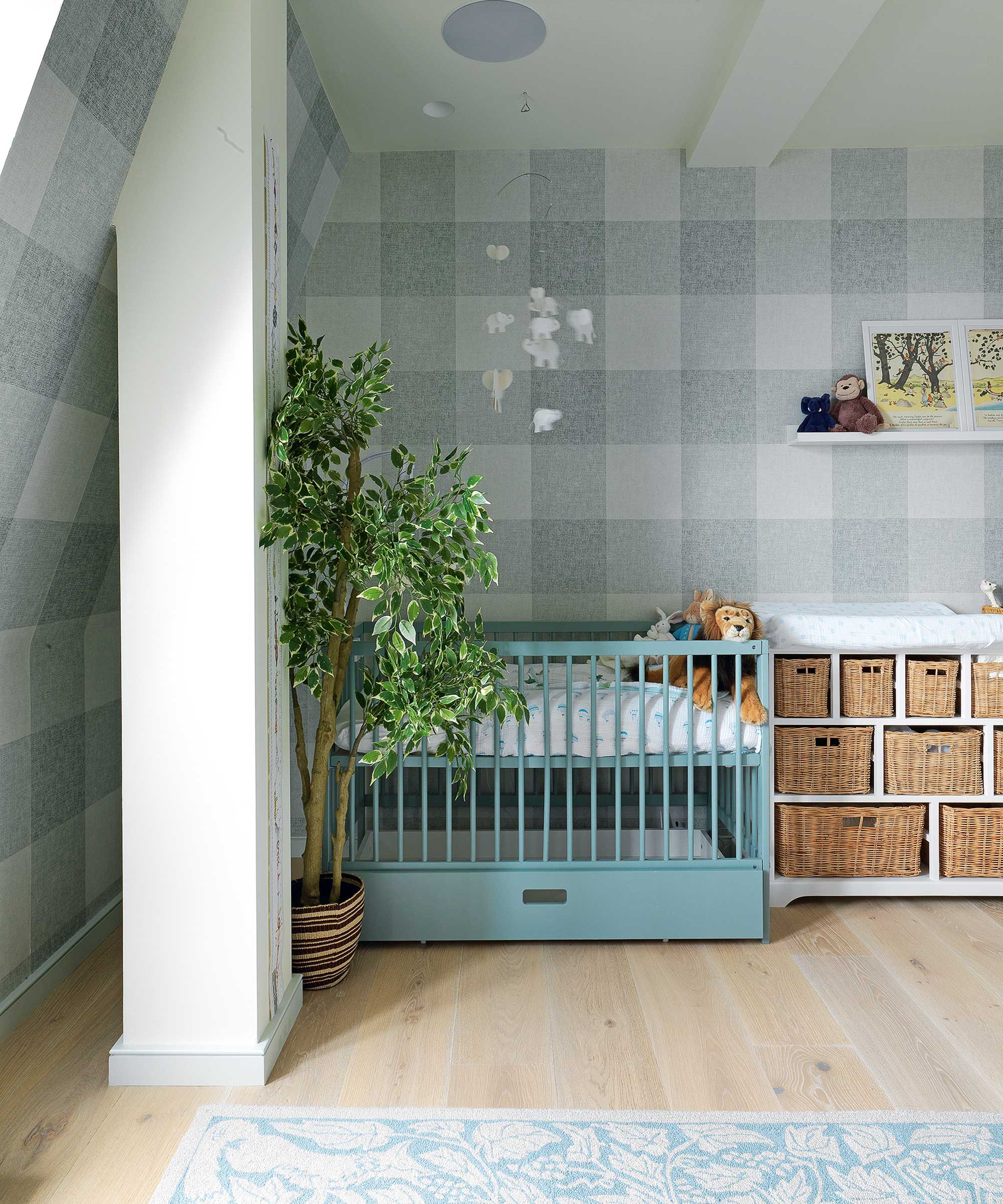
It’s hard to part with the tiny shoes and blankets, but keeping every item your child once touched is a fast track to emotional and physical clutter.
Professional organizer Amélie Saint-Jacques says, 'This category is so sentimental! But it's best to set a limit on how much you can own. For example, what fits inside one of these GRANNY SAYS Fabric Storage Boxes from Amazon.
'Keep the items with the most sentimental value, and get rid of the ones that are stained or of which you have multiples. You can also keep pictures of your baby wearing or using those items instead of the items themselves. Finally, anything still in good condition can be donated.'
For more help getting rid of sentimental items, try the Japanese decluttering method of 'Mottainai'.
7. Medicines

Expired medications can lose potency or even become harmful, making it crucial to check your medicines and declutter your bathroom cabinet regularly.
Saint-Jacques says, 'Checking your medicines haven't expired is particularly important if you have a baby or young child and want them to get the right dosage of acetaminophen or ibuprofen, or if you have life-saving medications like insulin or epinephrine and really do need them to work as intended! Take any expired medications back to your pharmacy for proper disposal.'
Medicines are a key item worthy of a regular expiration sweep. Professional organizer Ellen Delap adds, 'Take Back Medicine also runs an event twice a year to dispose of your medicines properly.'
Consider looking into the ways professionals organize their medicine cabinet for related tips.
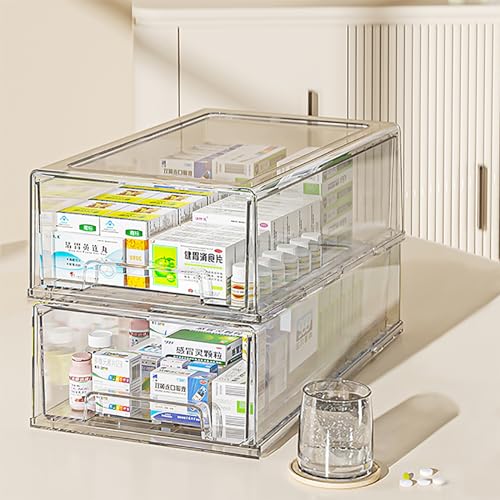
Amélie Saint-Jacques recommends these handy organizer drawers, which come in a pack of two, for storing but providing easy access to your medicines.
8. Gifts
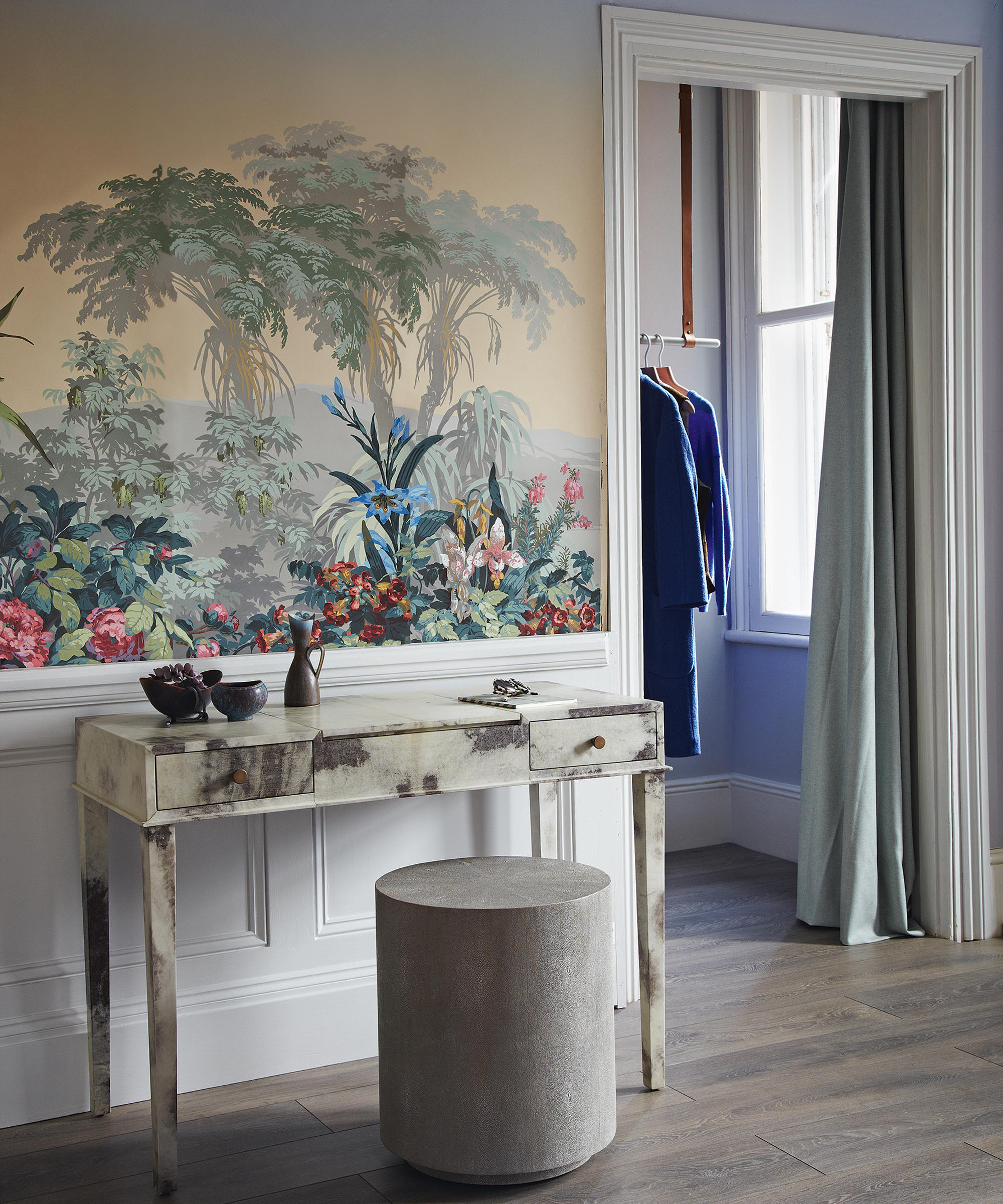
Just because it was a gift doesn’t mean you’re obligated to keep it forever. The act of giving is what counts, not the lifespan of the item.
Ben Soreff, professional organizer at House to Home Organizing, says, 'Just because someone gives you a gift doesn't mean you need to keep it. Almost all gifts say more about the giver than the recipient.
'If you wouldn't have purchased the item yourself, then it's not a gift – it's a burden. If they really cared about giving you a gift that makes you happy they'd have given you free babysitting.'
The unwanted gifts that you won't use or value can be re-gifted or donated to someone who'll appreciate it more.
9. Expensive items

Cost doesn’t equal usefulness. If something expensive is unused or unneeded, consider reselling or donating – it’s not wasteful, it’s practical.
Saint-Jacques says, 'Let's be frank: keeping expensive items will not bring your money back! If you no longer like them or use them, they shouldn't be taking up space in your home.'
Items that still have value can be resold, or else donated to good causes.
10. Keepsakes
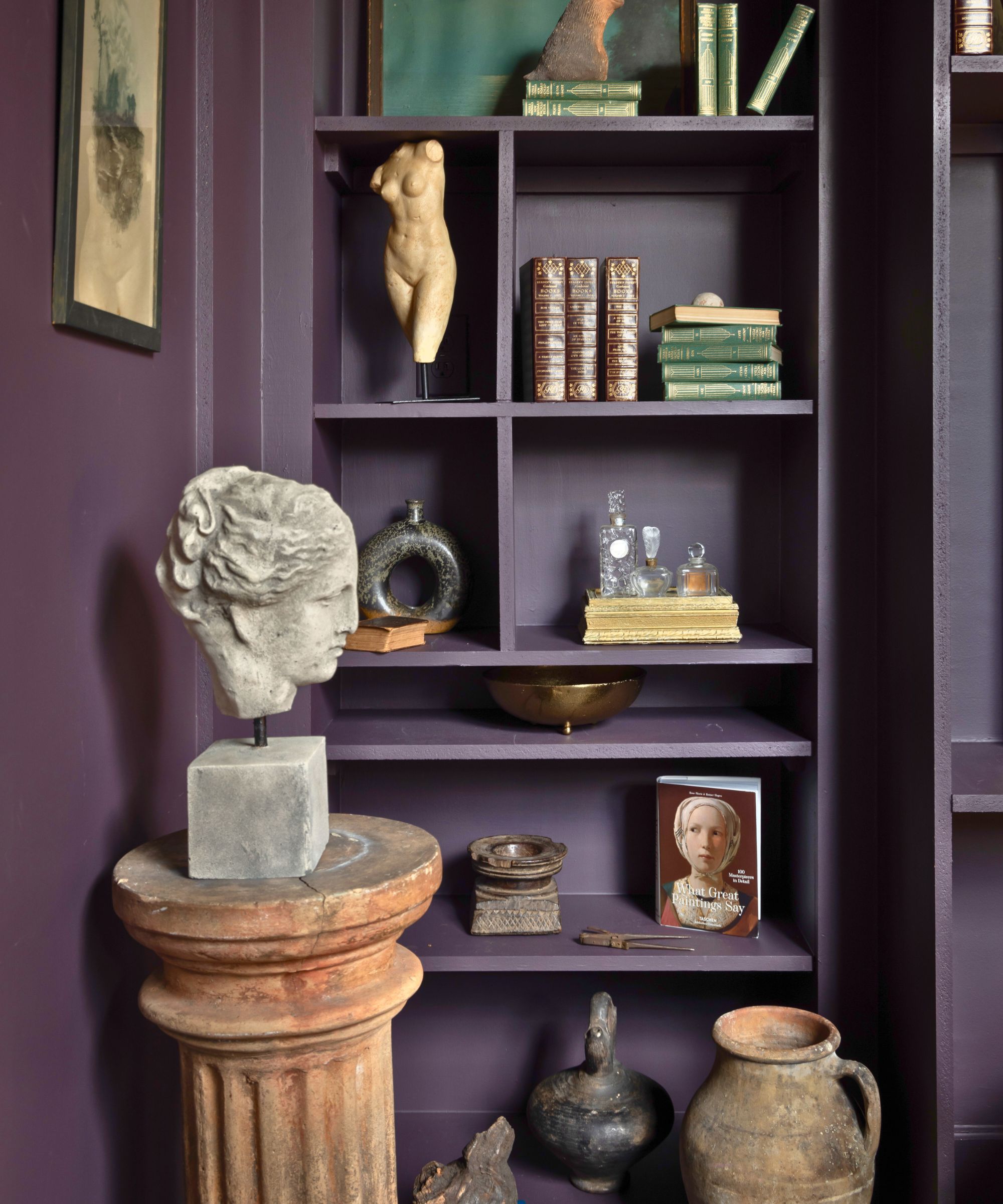
A few mementos are special. But too many can dilute their meaning. 'Lessting' your nostalgic items might just help you appreciate the ones that matter most.
Soreff says, 'Keepsakes are fine to keep, but only if they're still meaningful. Does the actual item make you think and feel good when you see it? Also, consider quantity: does one baby blanket serve the same emotional purpose as four?'
Saint-Jacques adds, 'It's important to make room in your life for who you want to be, without being cluttered by who you once were. For sentimental keepsakes like love letters, birthday cards, and personal memorabilia, consider letting them go if they bring up negative feelings. For those with meaning, pare them down to a small box.
'Keep in mind that you cannot keep everything! It's okay to let go of some things that were once important as you change.'
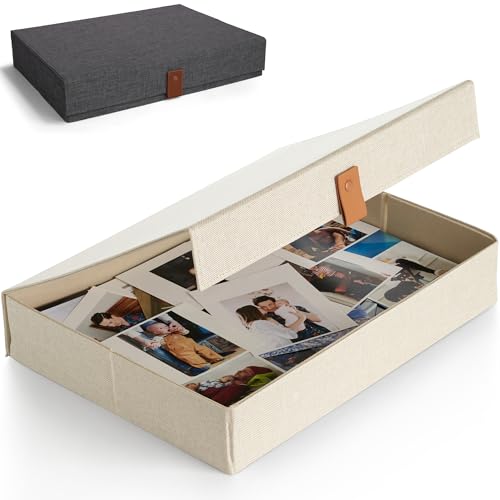
Amélie Saint-Jacques recommends this modern, durable, easy-to-clean, linen keepsakes storage box, with a fabric exterior and practical flip-over lid to keep dust away.
11. Antique jewellery
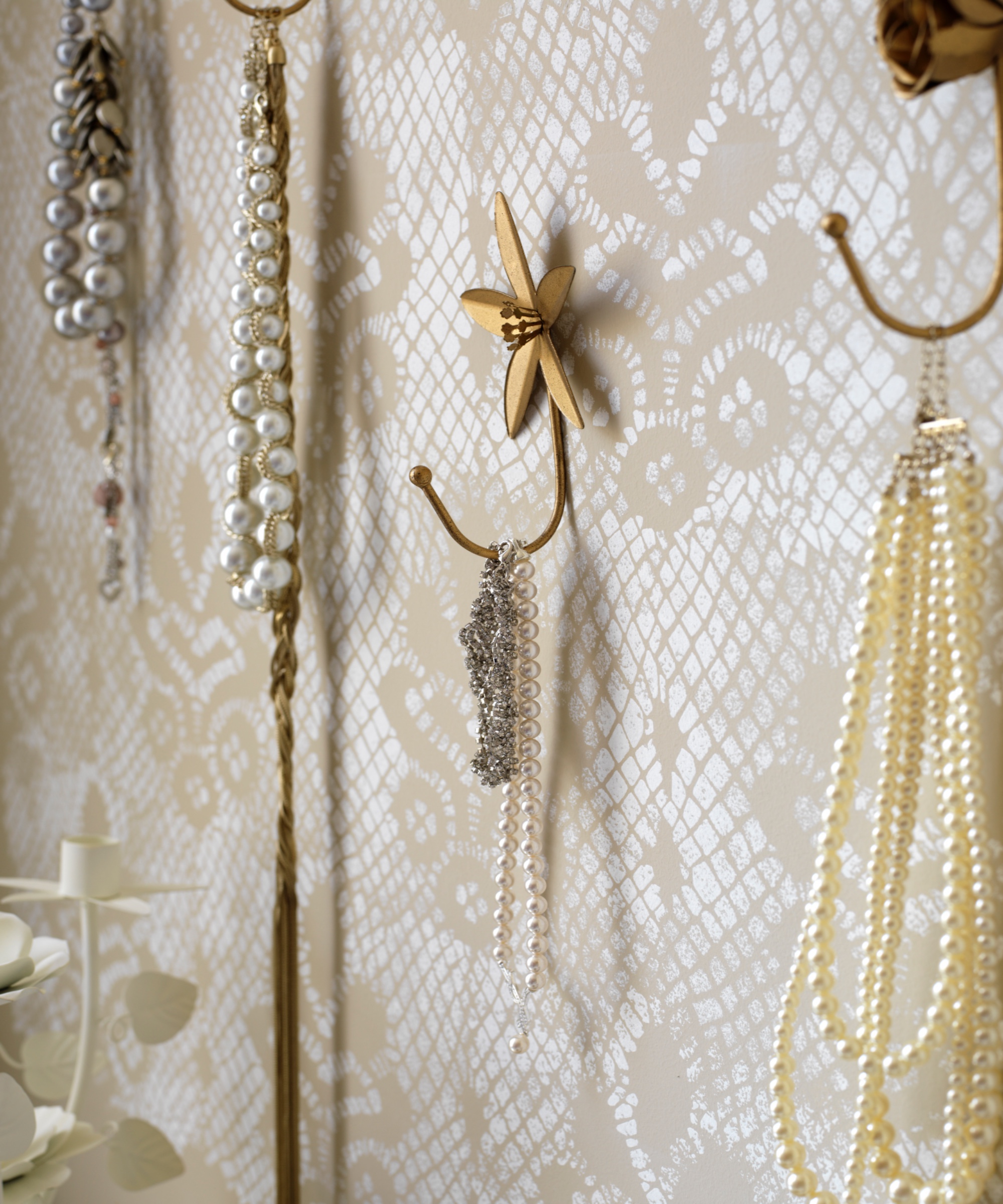
Family jewellery often gets passed down without a clear plan or purpose – and it can feel taboo to part with. But if it doesn’t suit your style or you never wear it, that’s a valid reason to let it go.
You can have pieces appraised and resold, gifted to someone who’ll use them, or even redesigned into something new that you’ll love wearing.
For those items you simply have to keep, here are 5 expert-approved ways to clean jewelry. However, holding onto antique jewelry out of guilt benefits no one – our professional organizers all give permission to let go.
12. Family heirlooms

Inherited items should have a place in your heart, not just your cupboard. If an heirloom doesn’t suit your life, it’s okay to pass it on – with a story attached.
Delay says, 'While family heirlooms have been a part of your family for years, your heirlooms are not precious to you personally. Passing along generations of furniture or dishware can become a burden if you don't love these items yourself.
'For my family, my mom gifted each of us a lovely china hutch. Recently, my sister sold her hutch because her home is modern, and that piece does not fit. Sell an item like this through an estate sale or consignment shop specializing in antique furnishings.'
For a different approach, these tips for decorating with family heirlooms could give them new life.
Meet the experts
So there you have it – 12 items that feel almost illegal to declutter, and official permission to let them go. Decluttering doesn’t mean disrespecting the past. It means honoring what’s useful, beautiful, or joyful – and permitting yourself to move forward without guilt.
Next, learn the things you should be storing in drawers, according to professional organizers, and how to dispose of household appliances.







